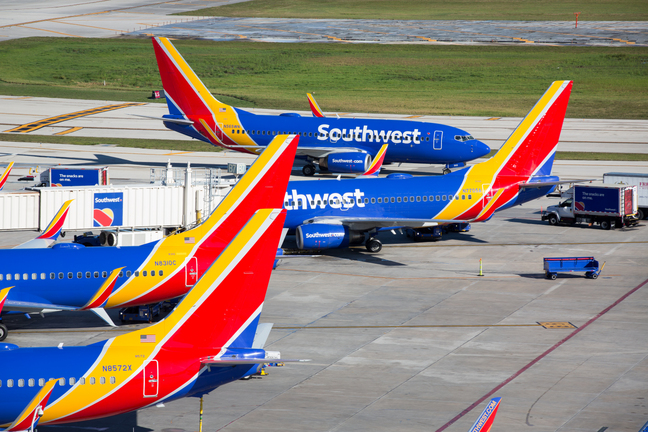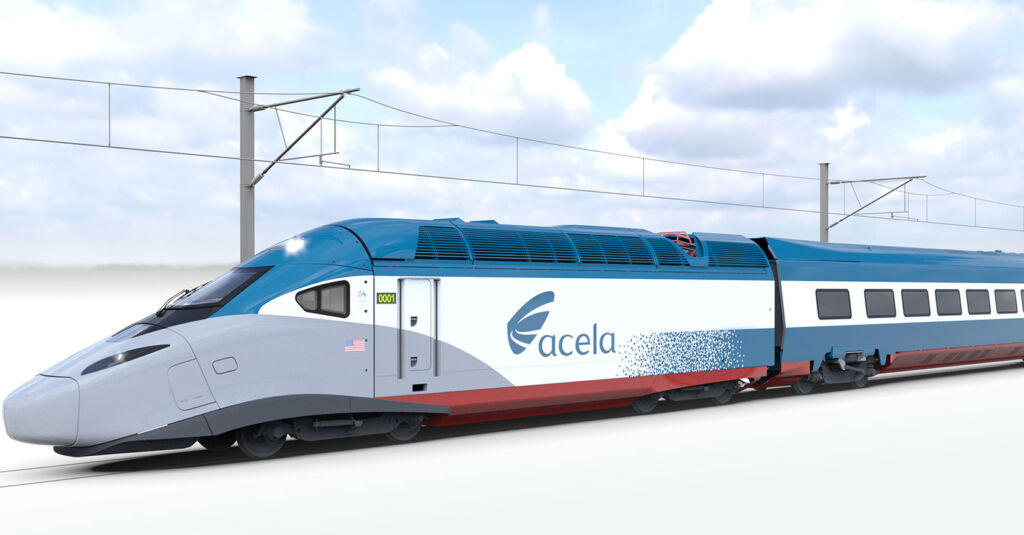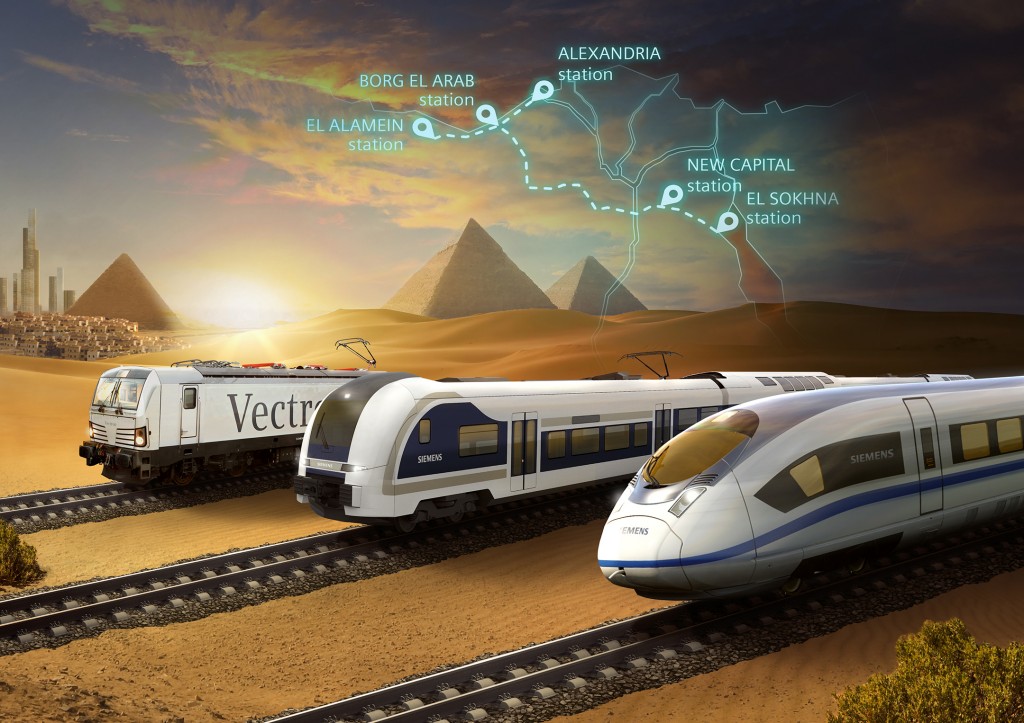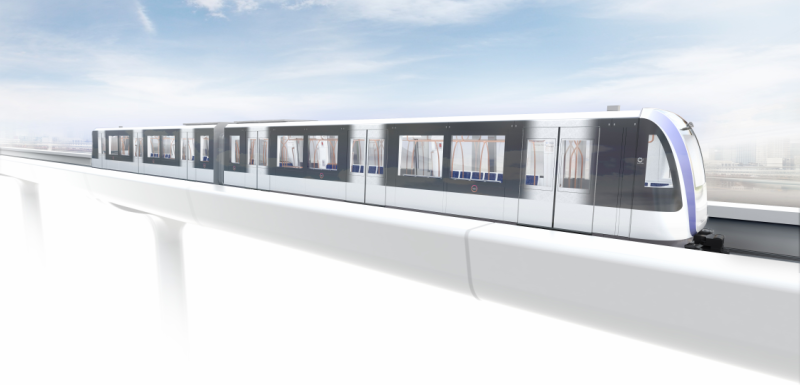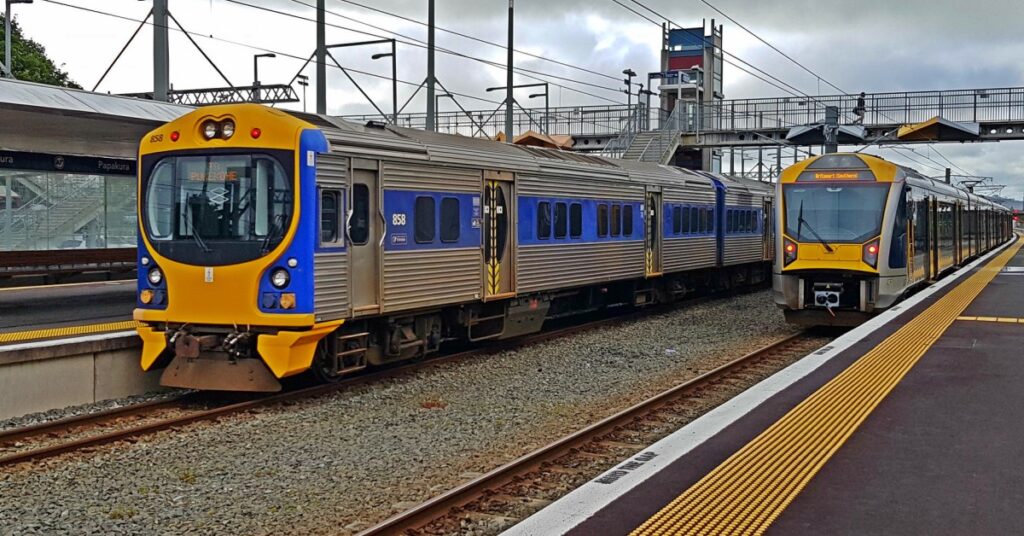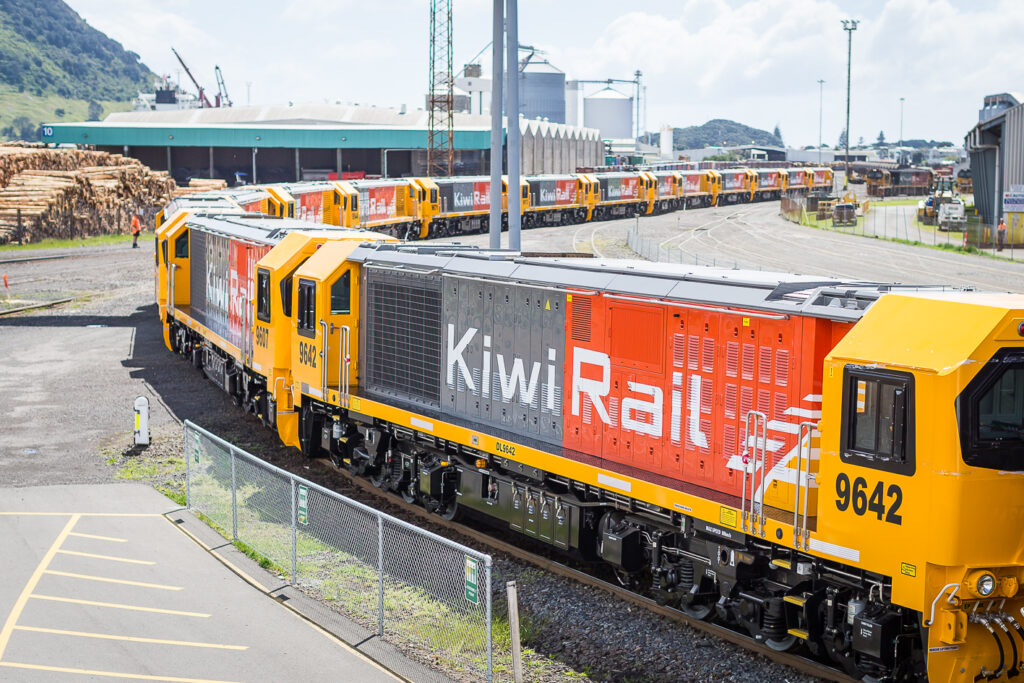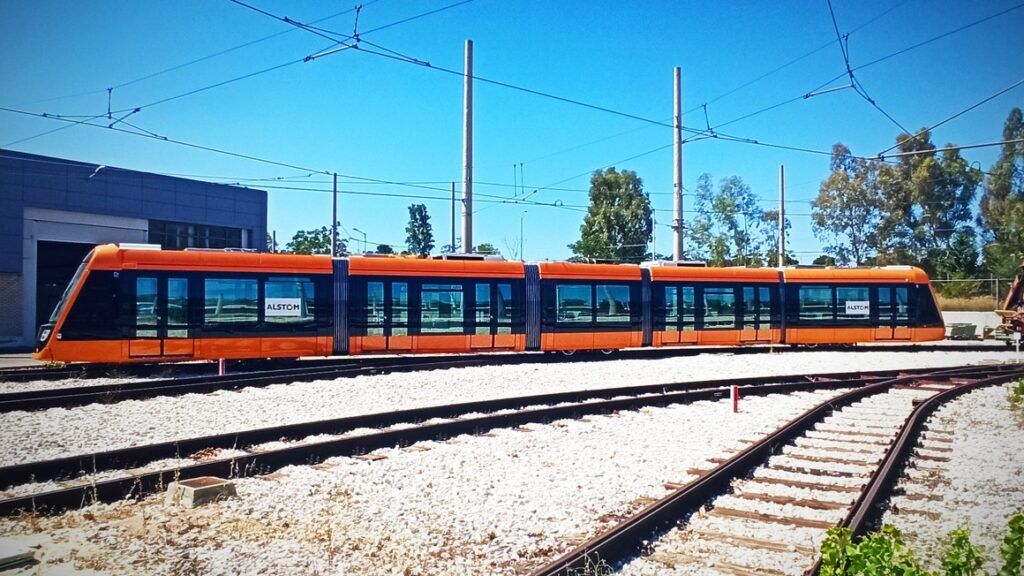Stadler and Siemens Mobility Win Contract to Modernize and Upgrade Lisbon Metro
The consortium of Stadler and Siemens Mobility have won a €114.5 million contract to provide the Lisbon Metro with a state of the art signaling system and a new fleet of modern trains. Stadler will…

